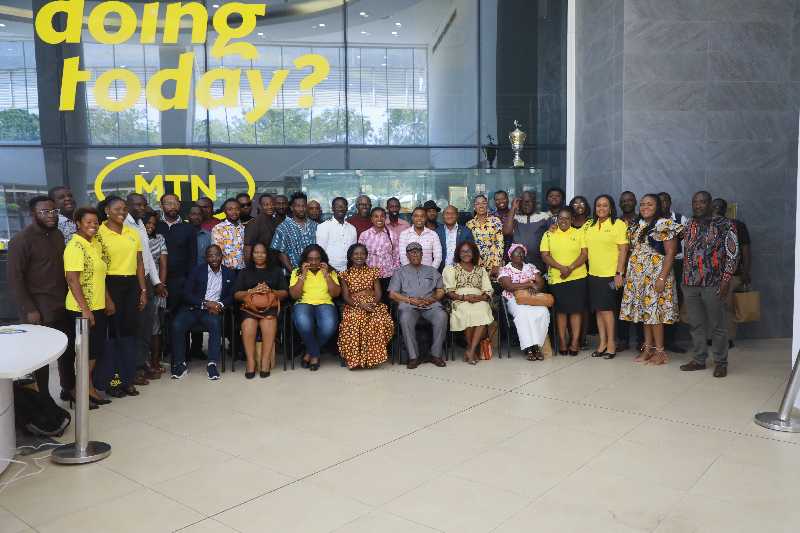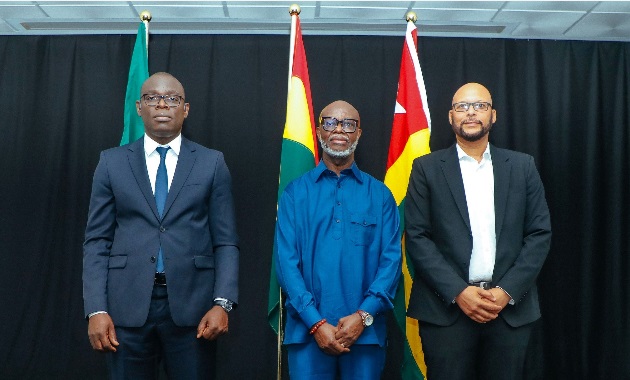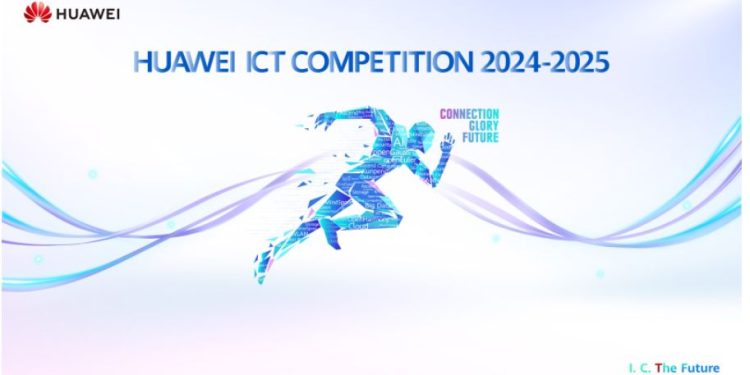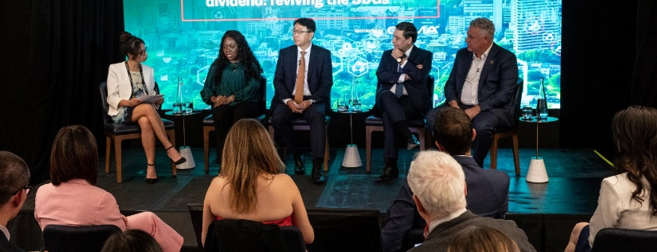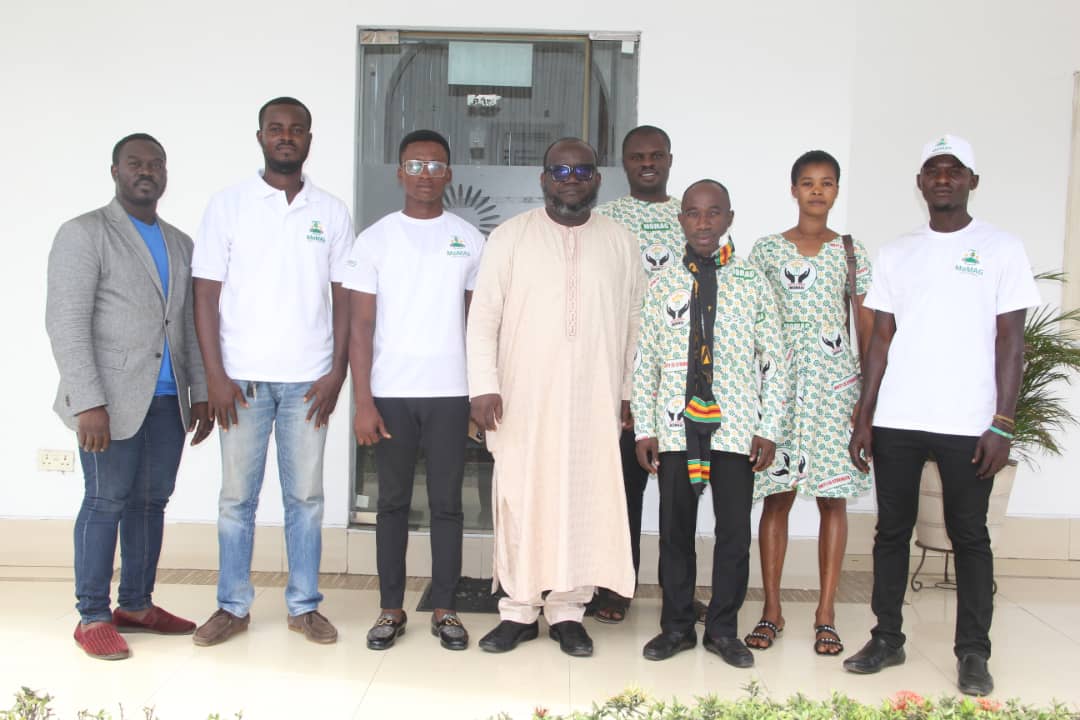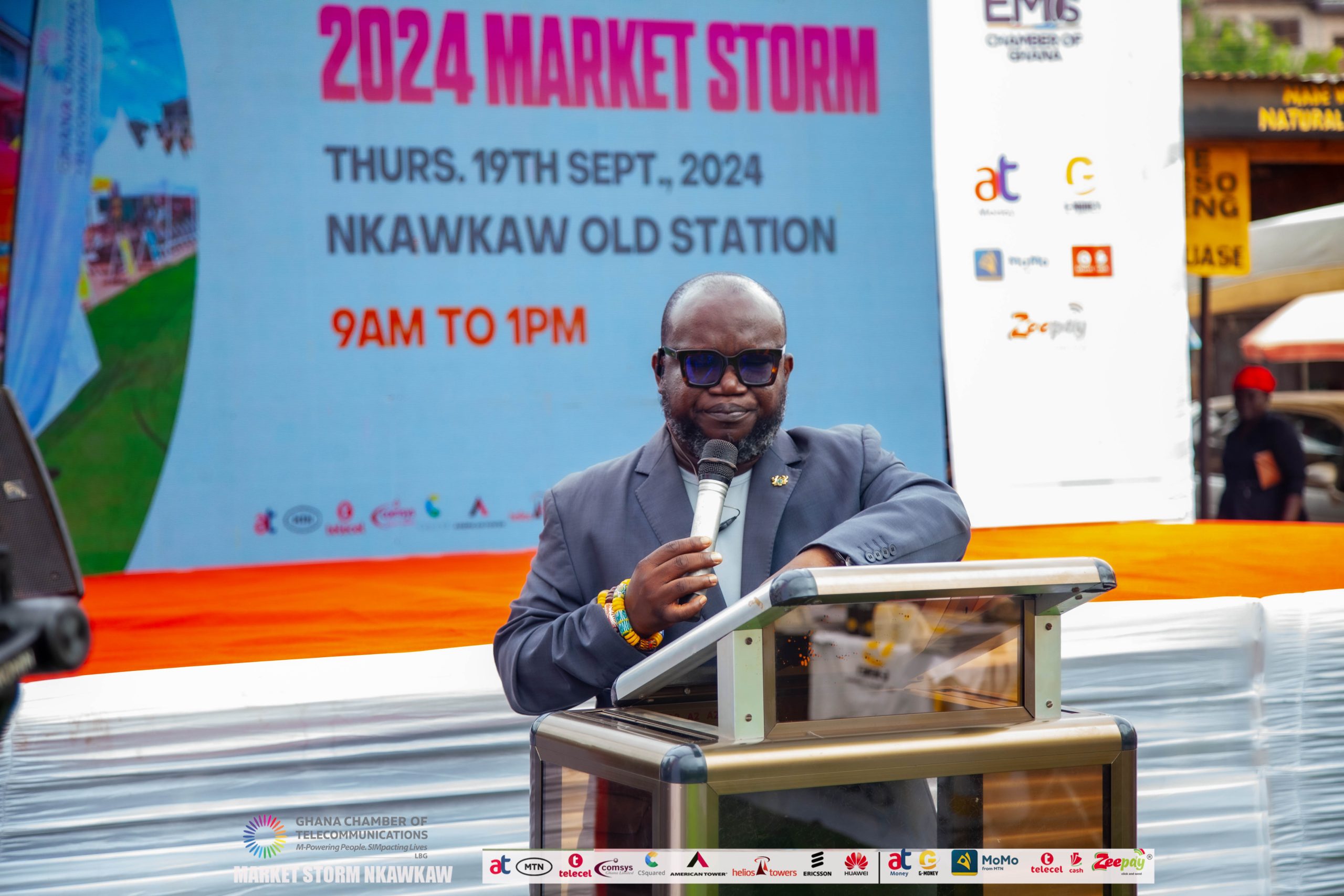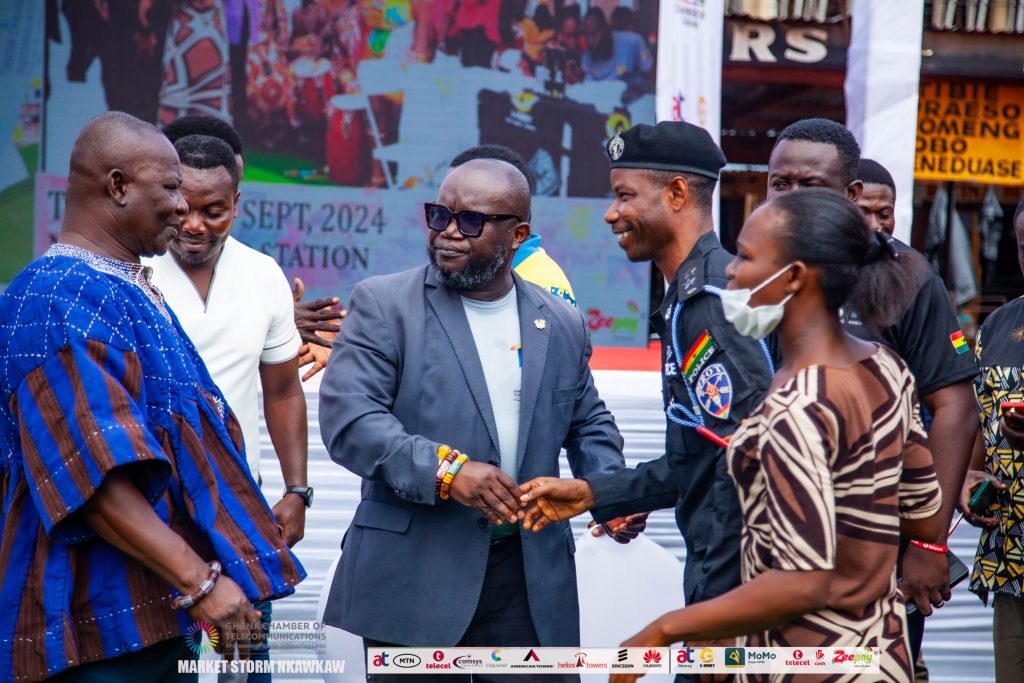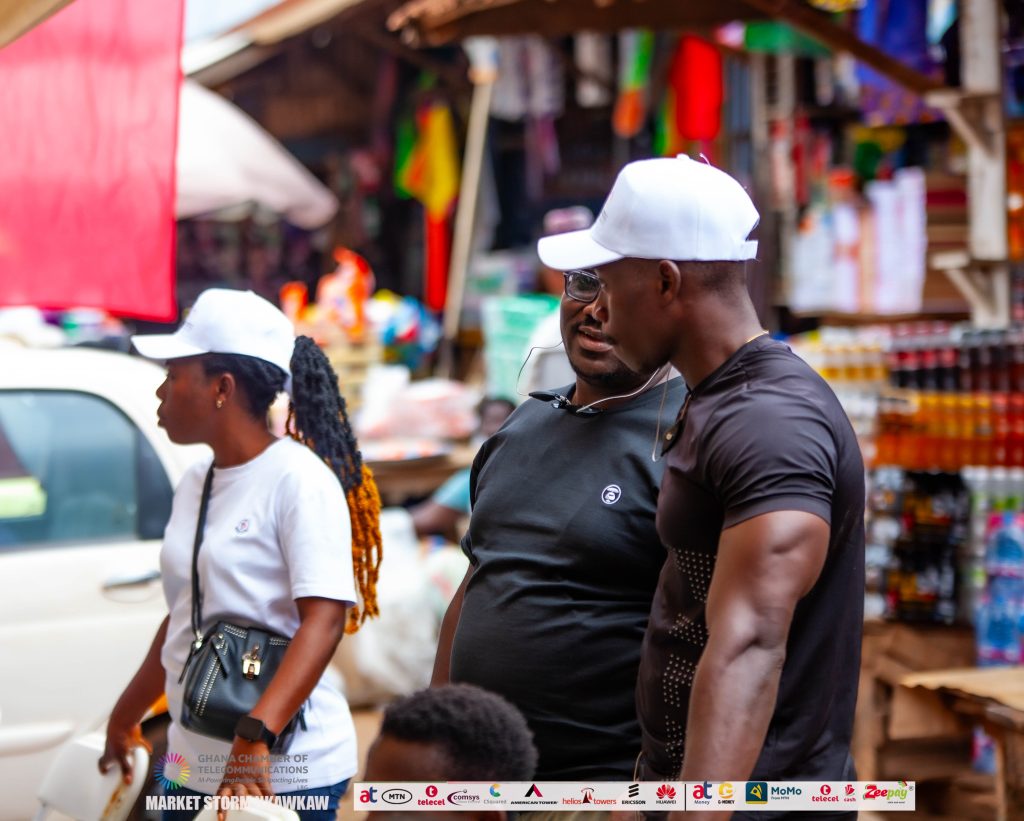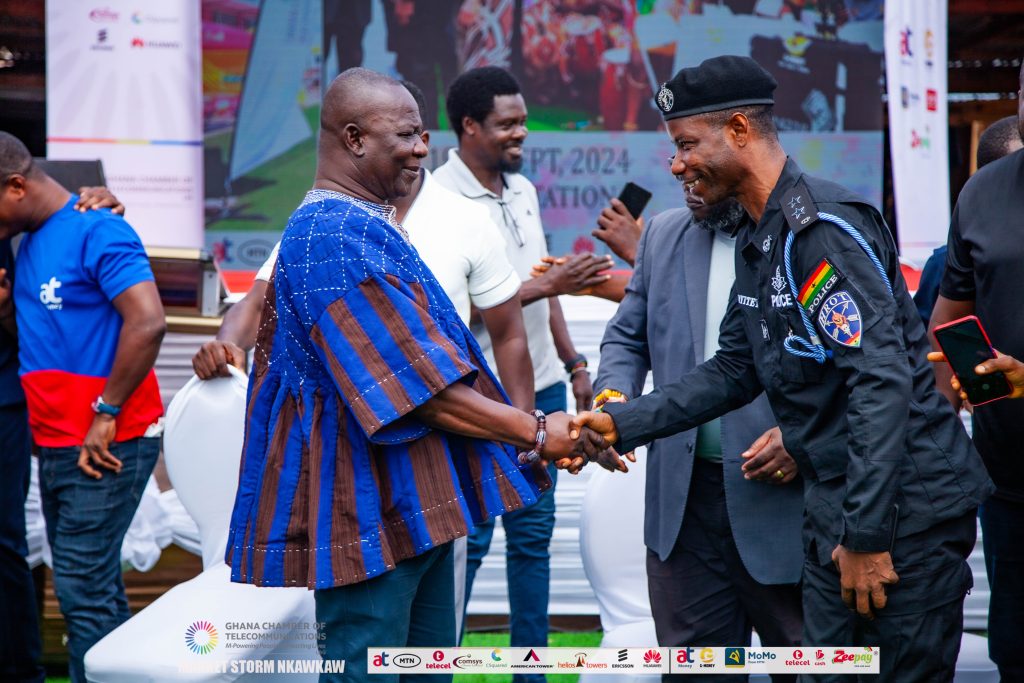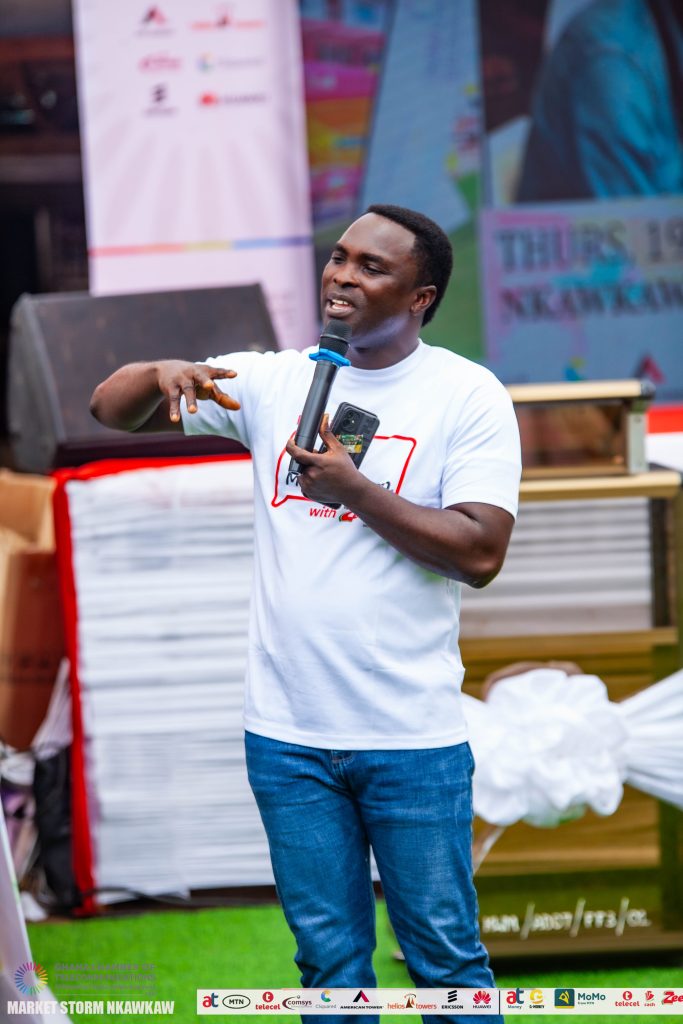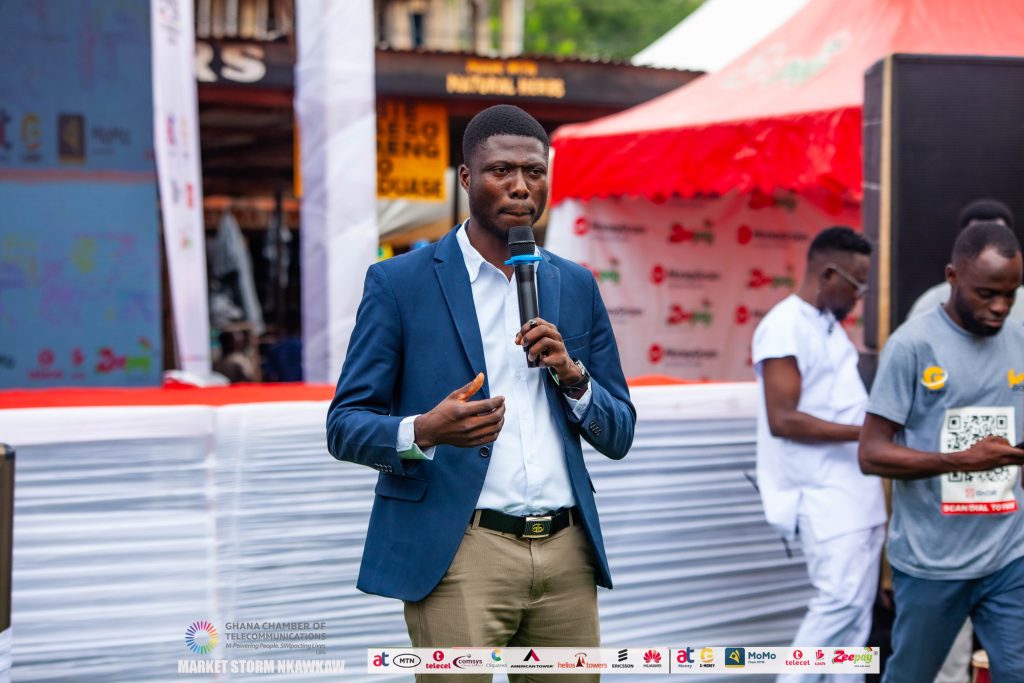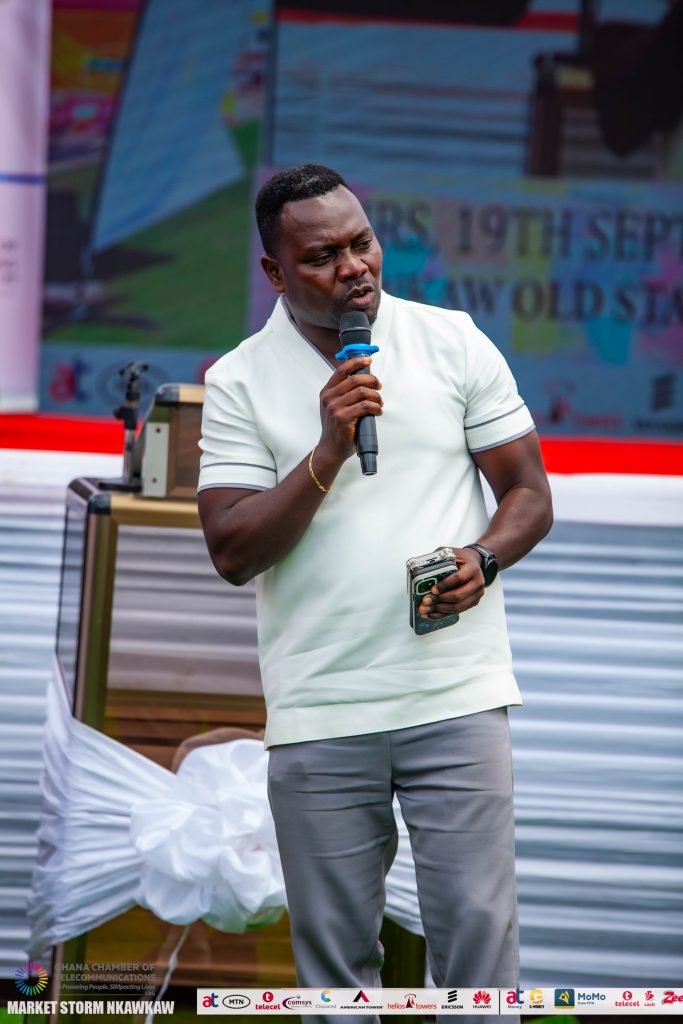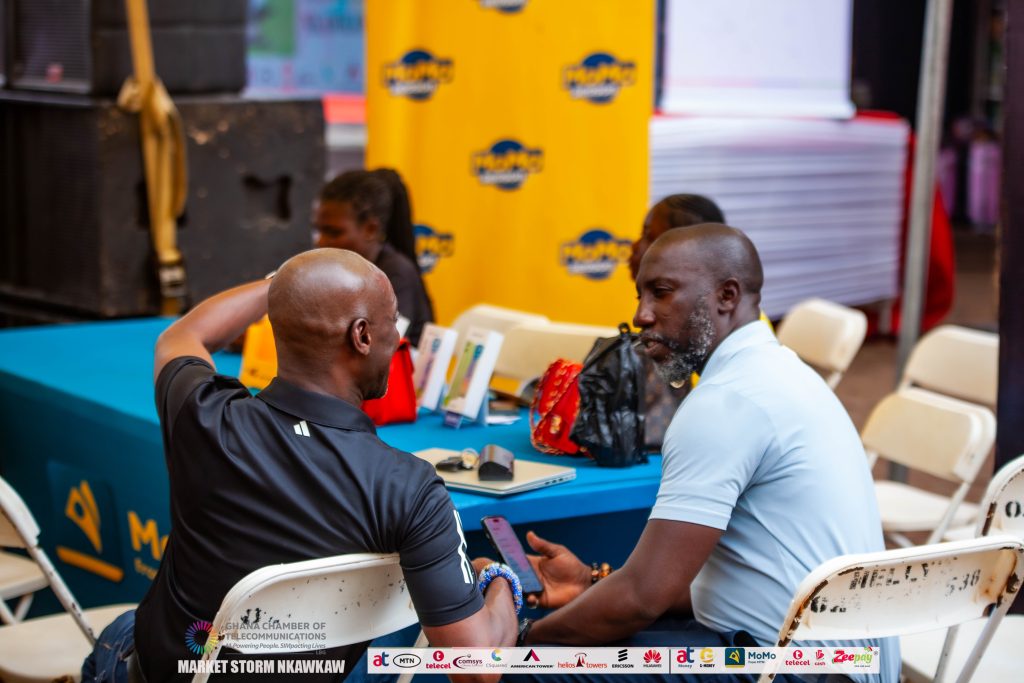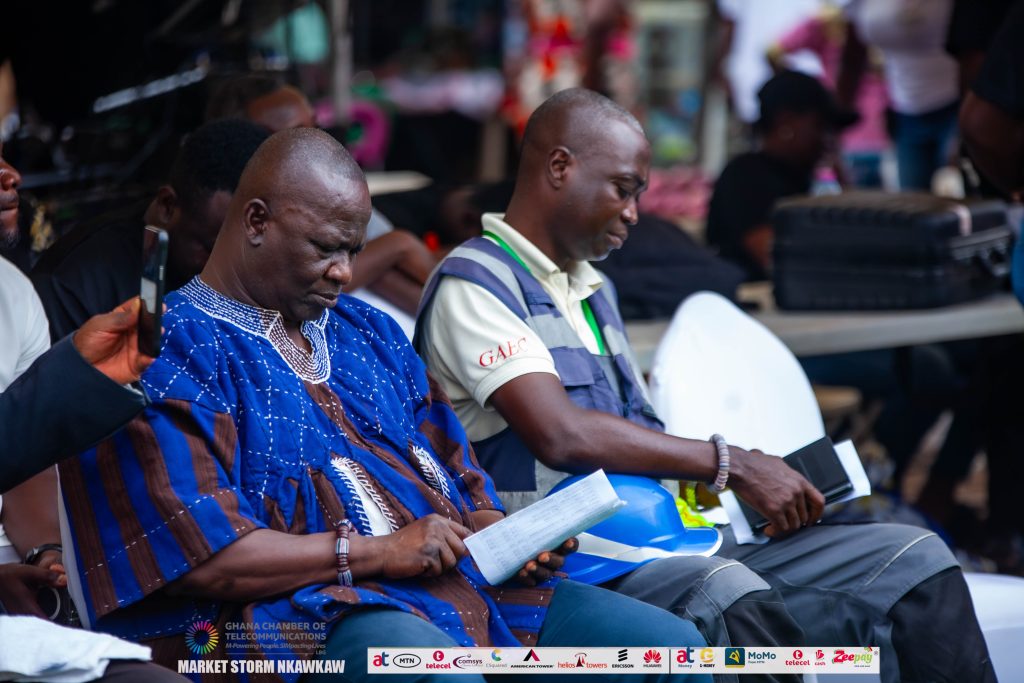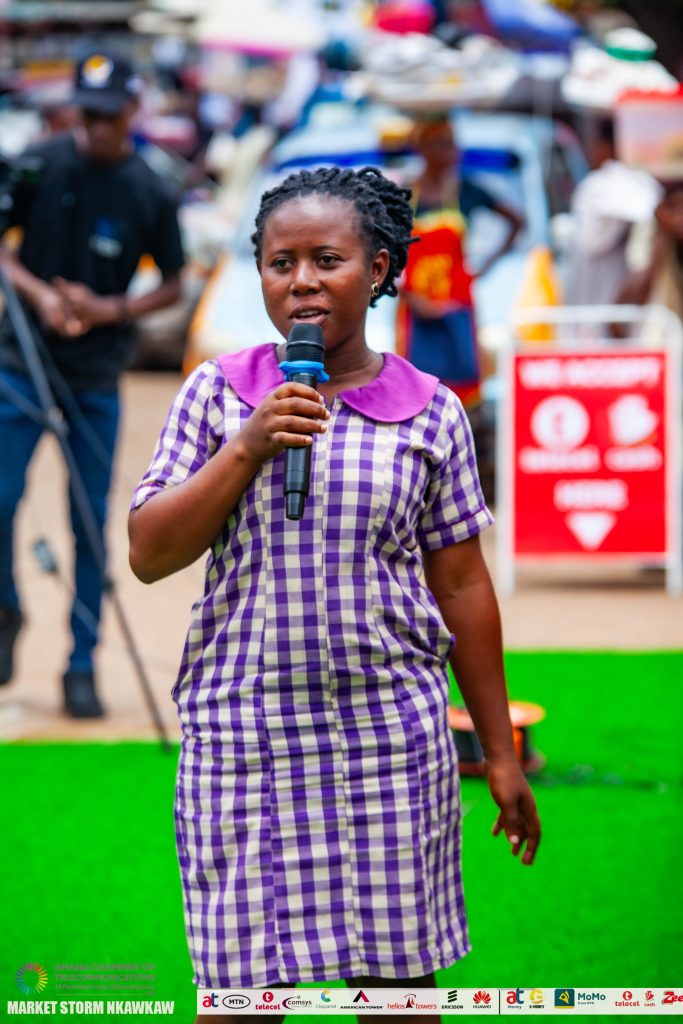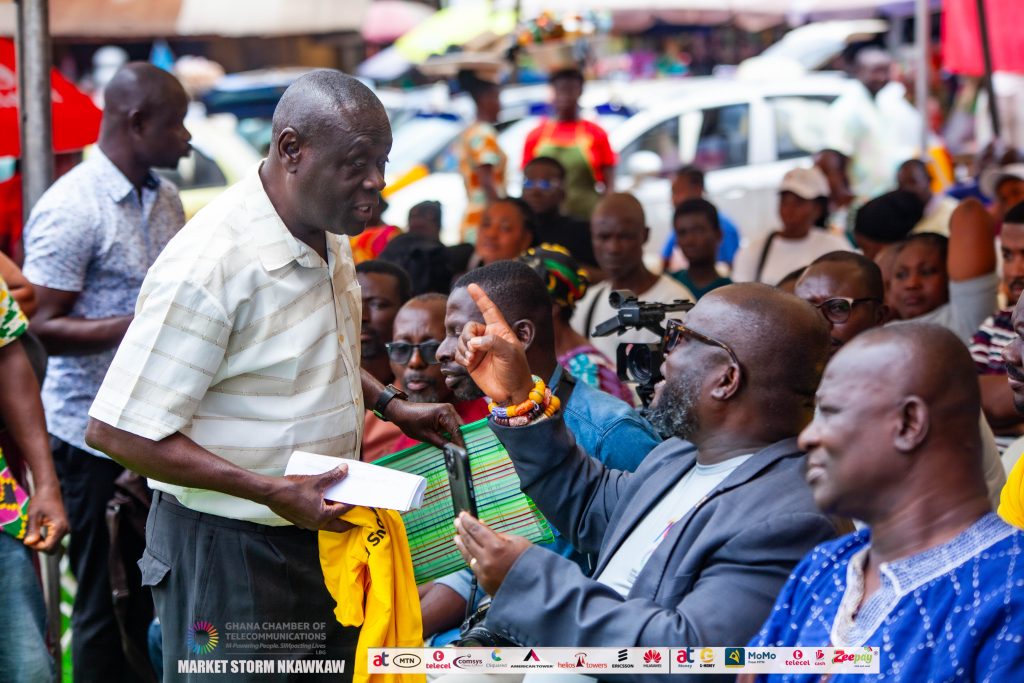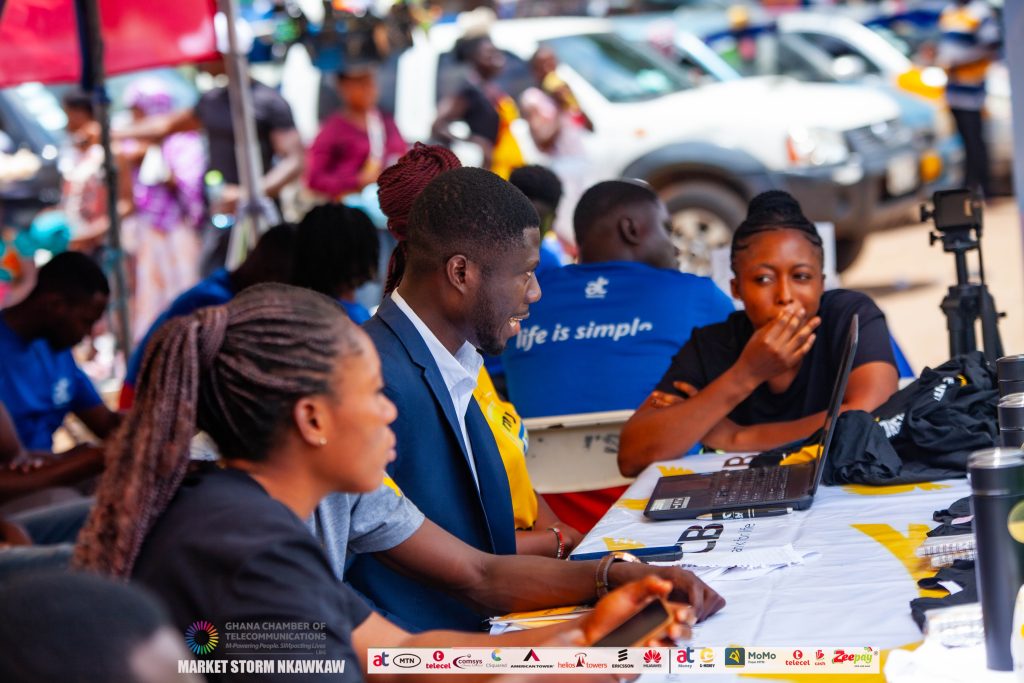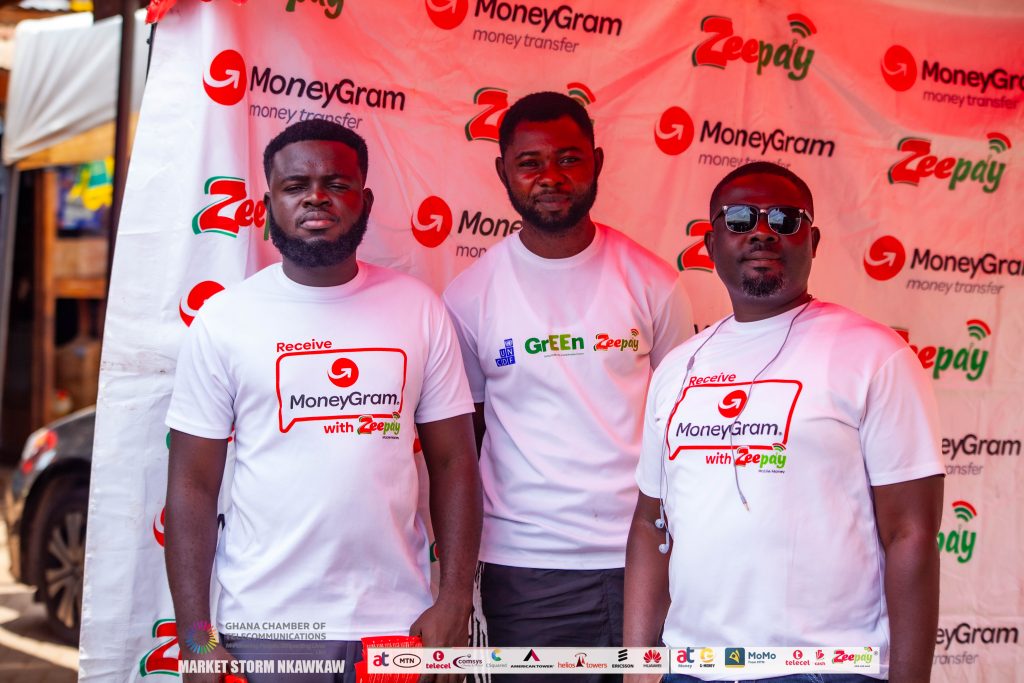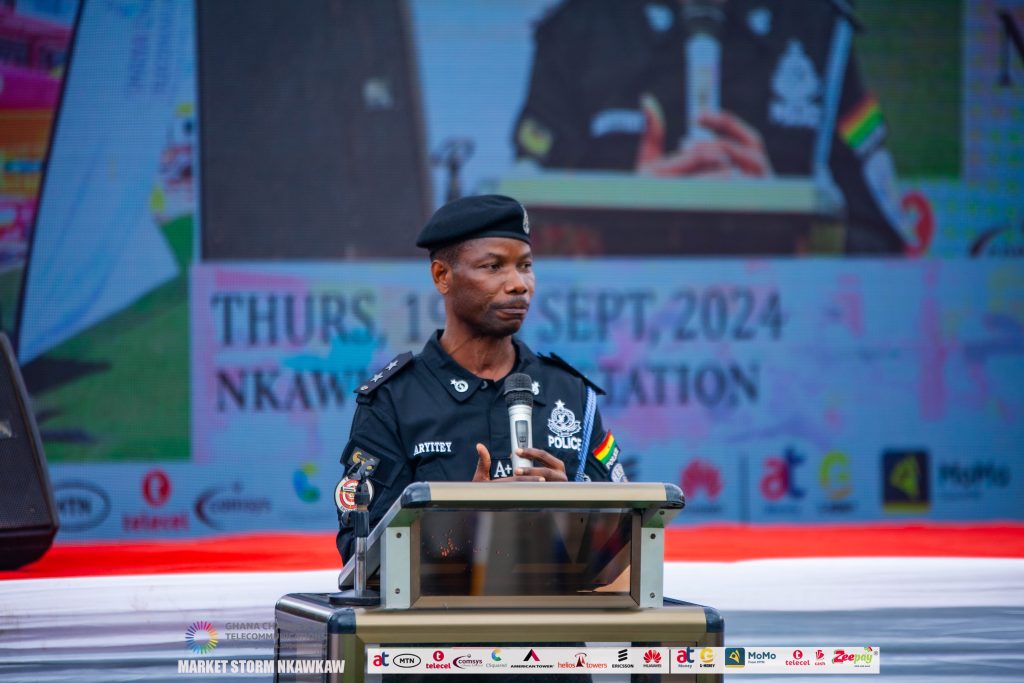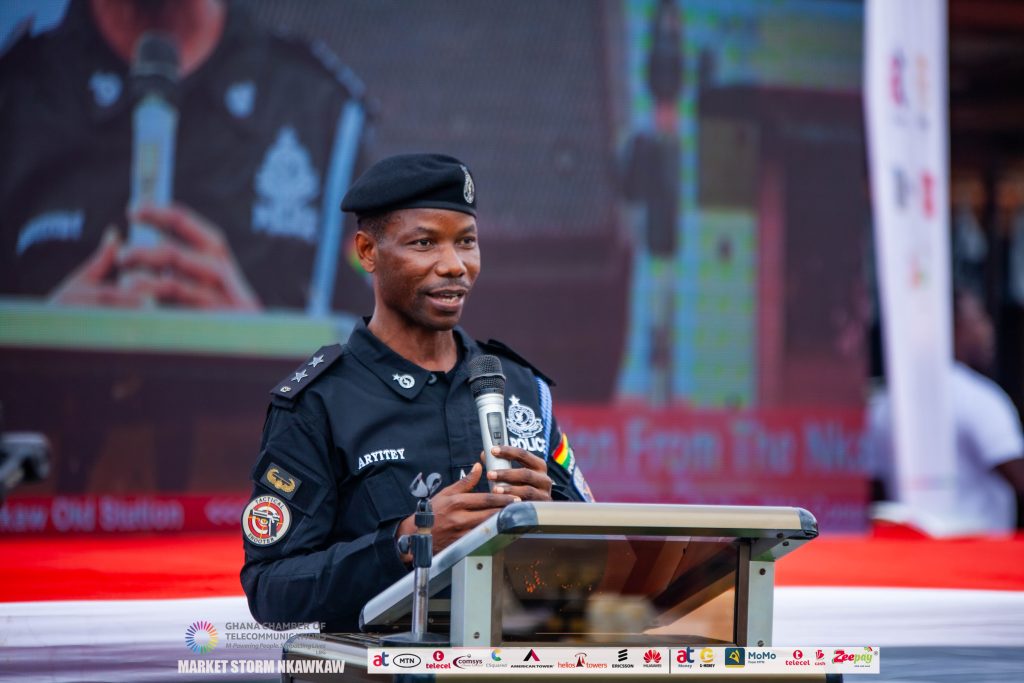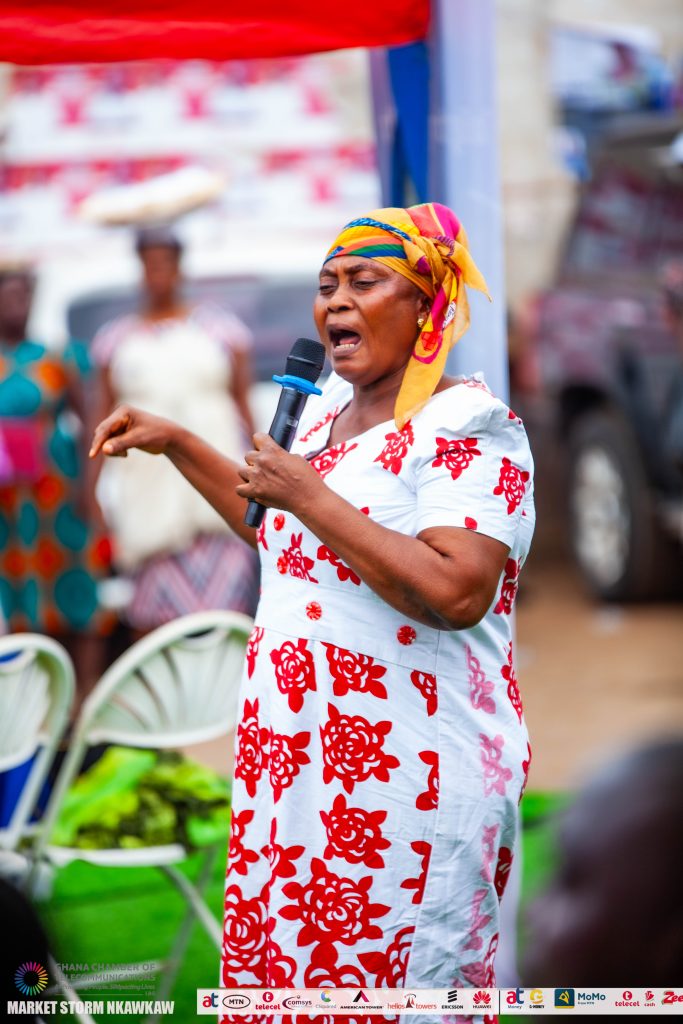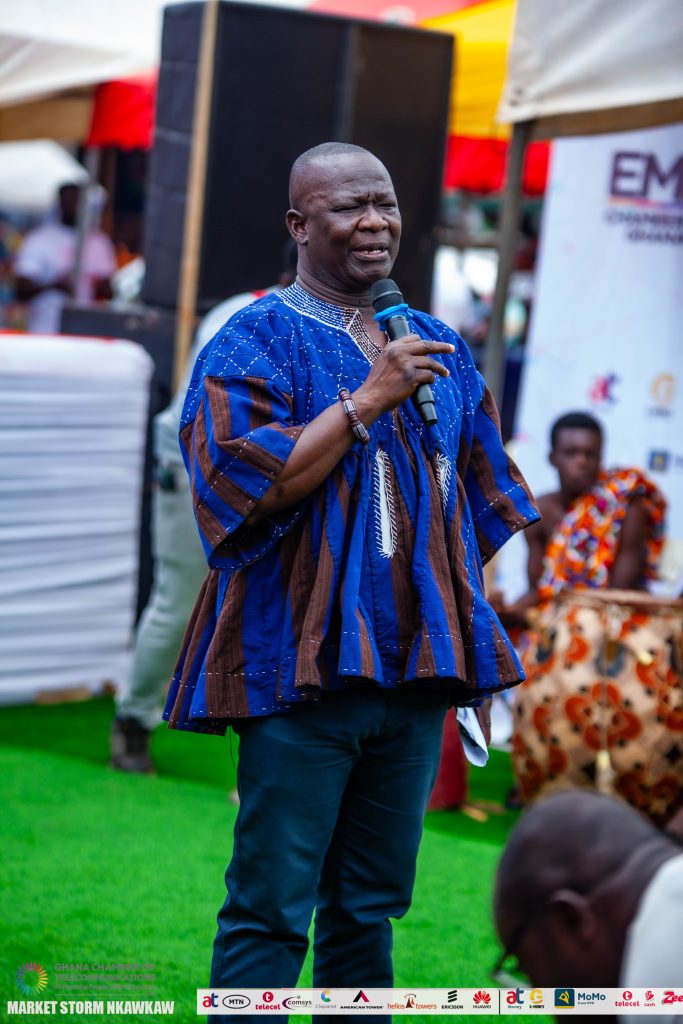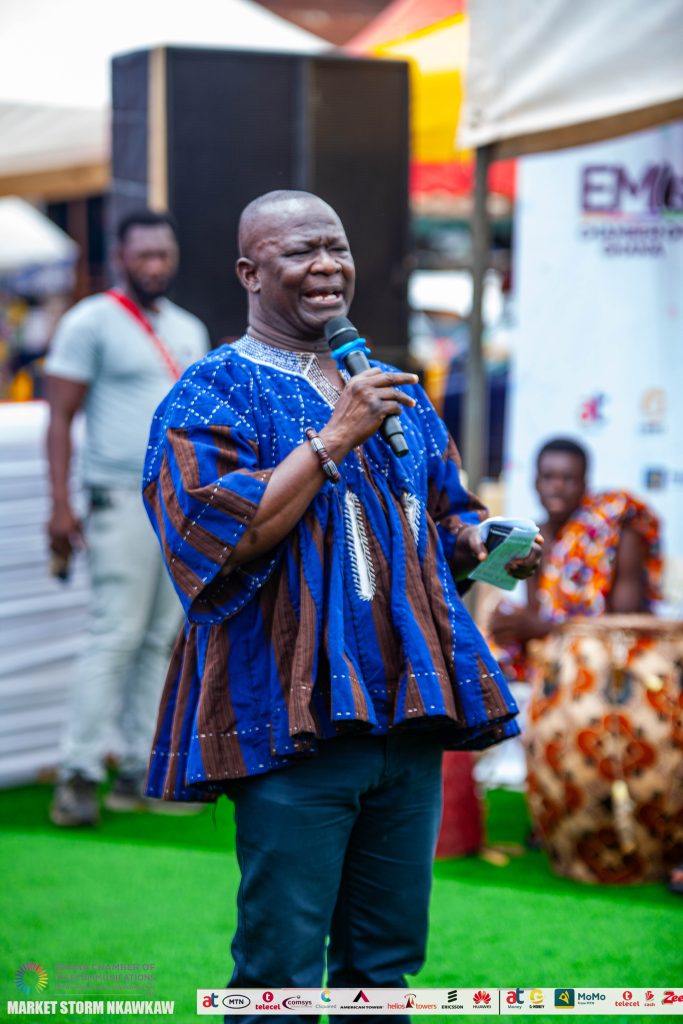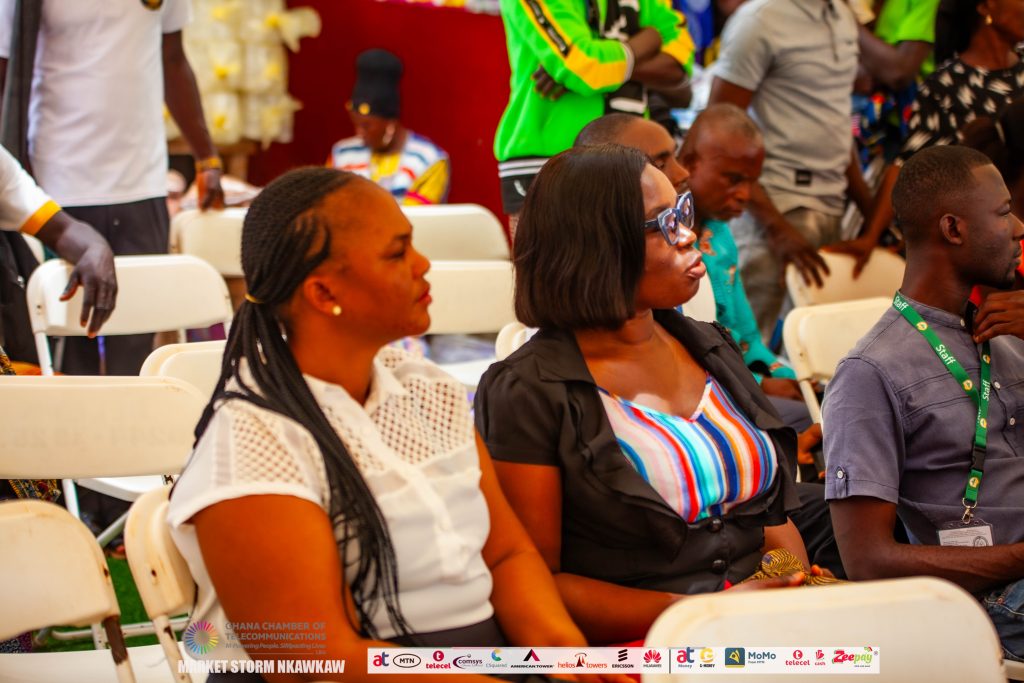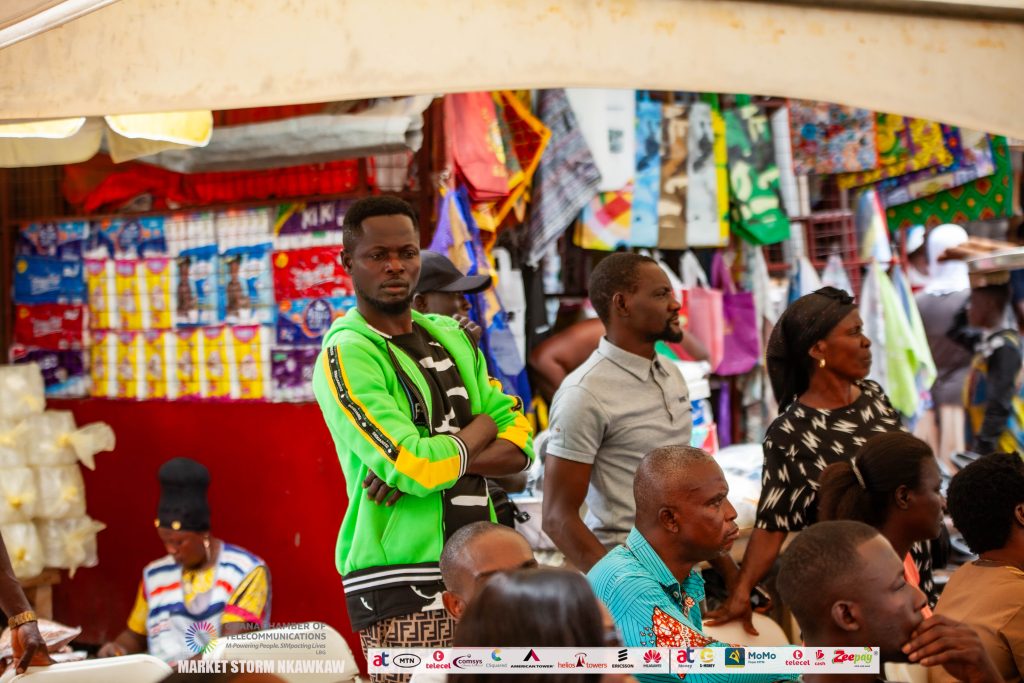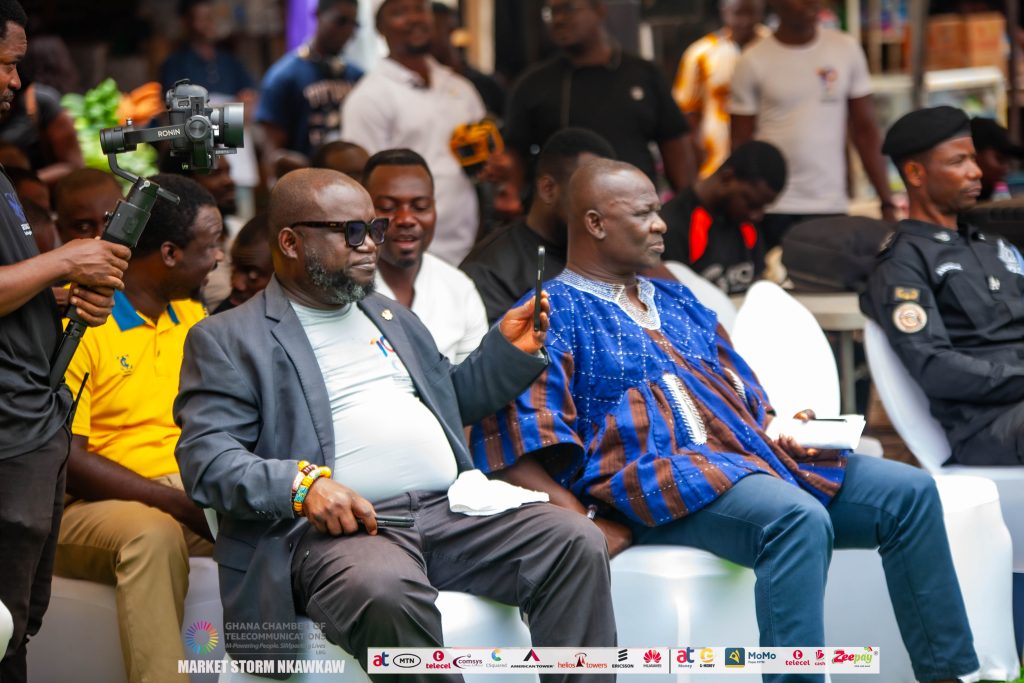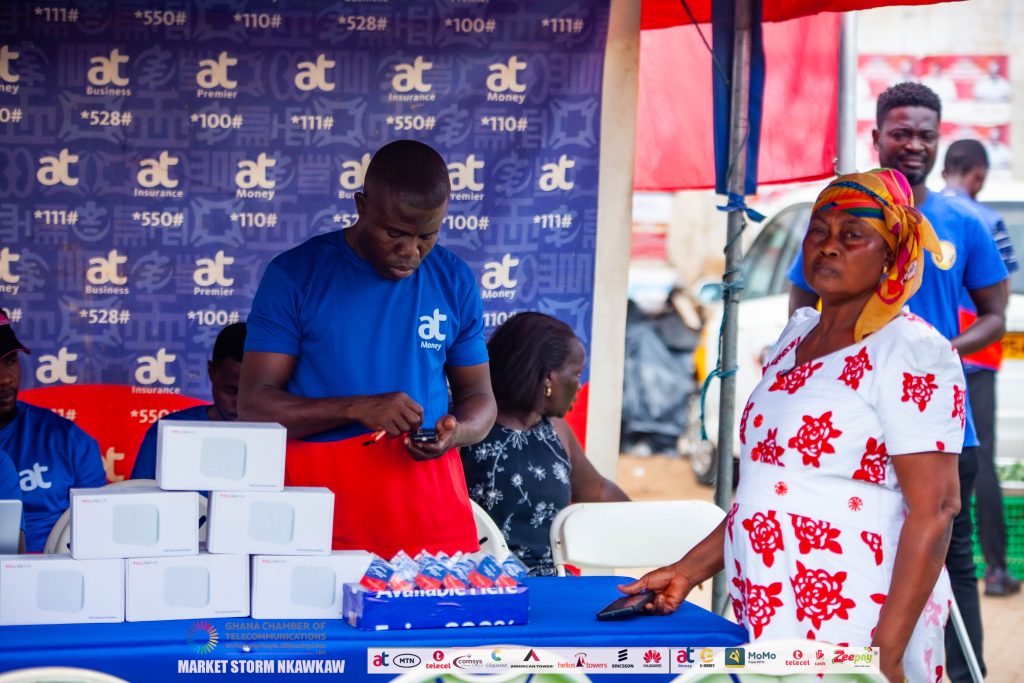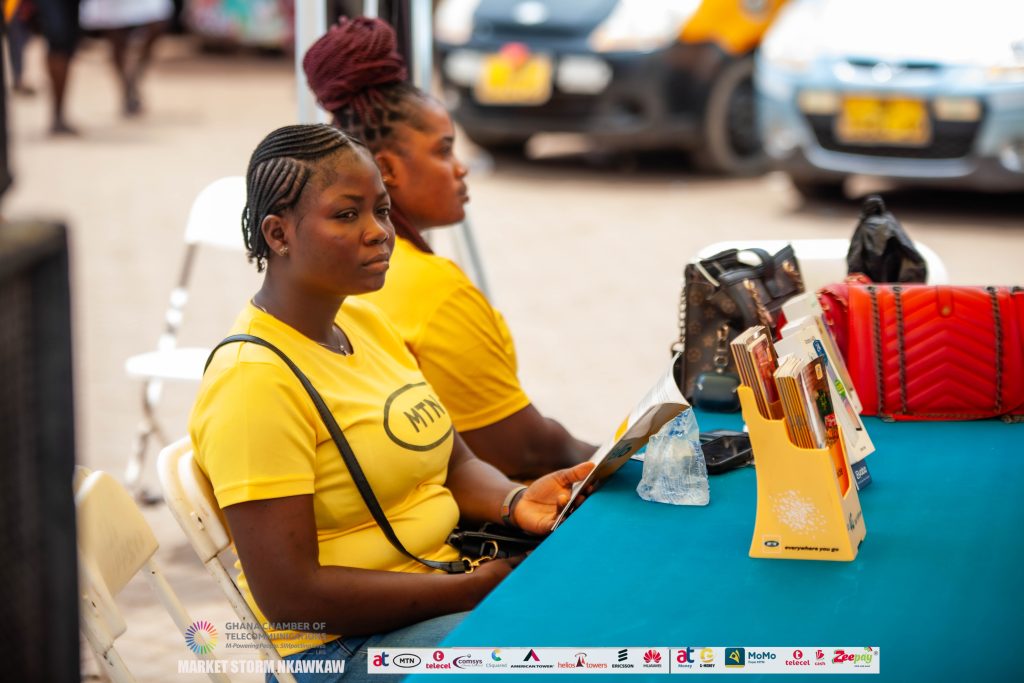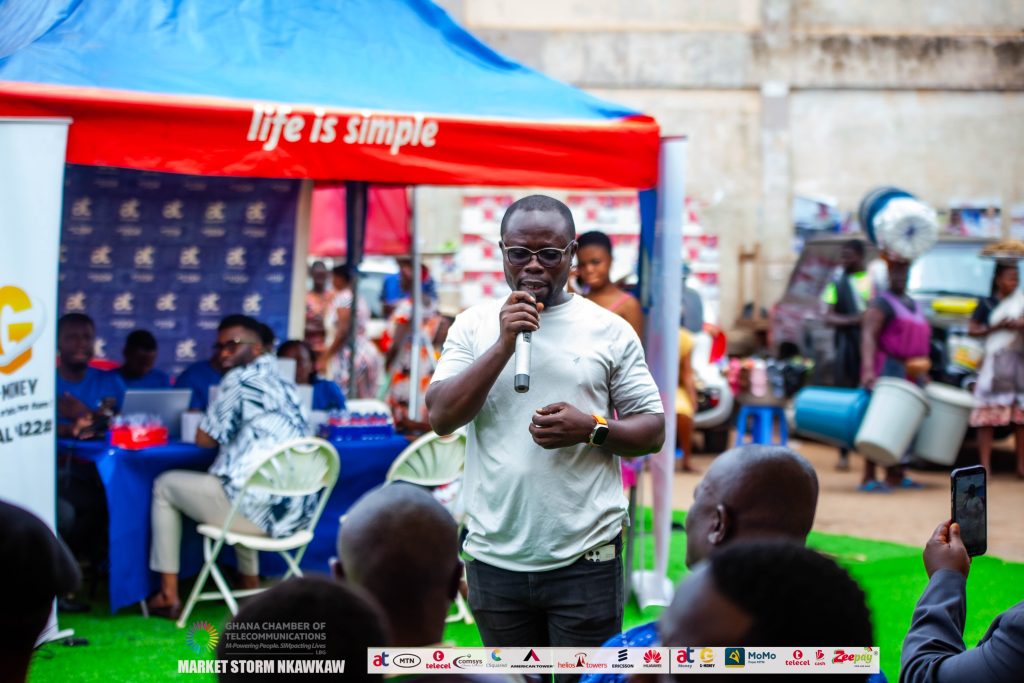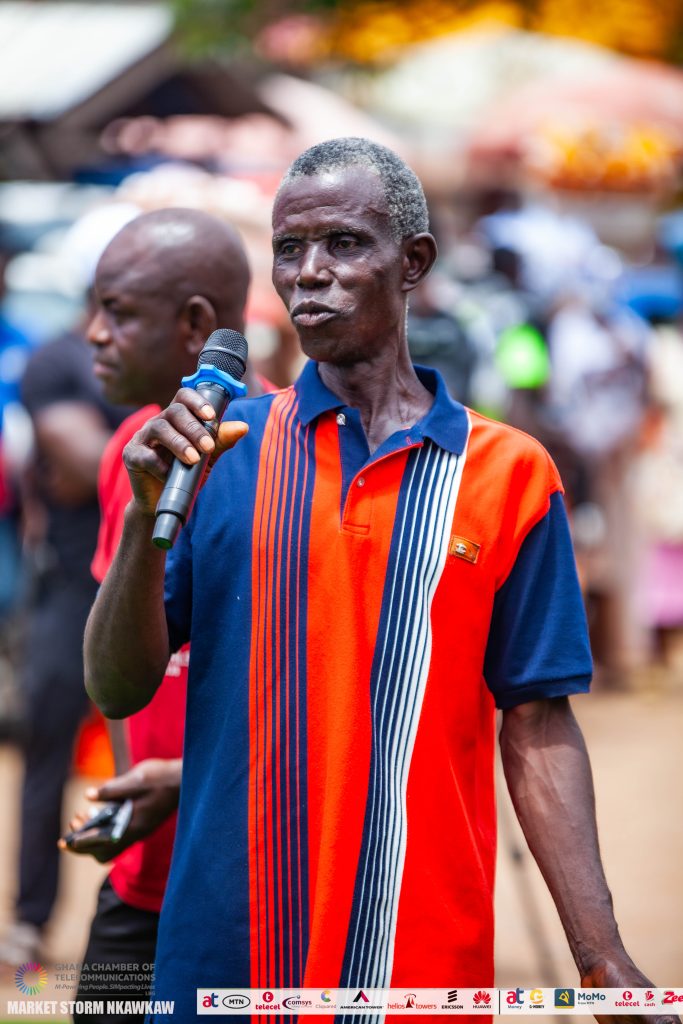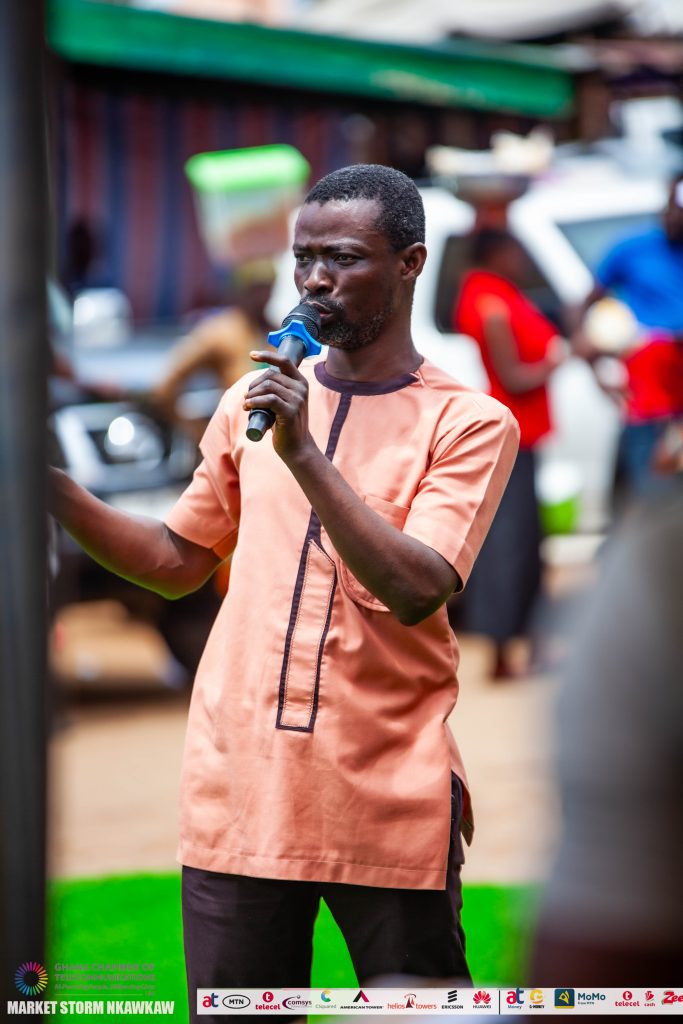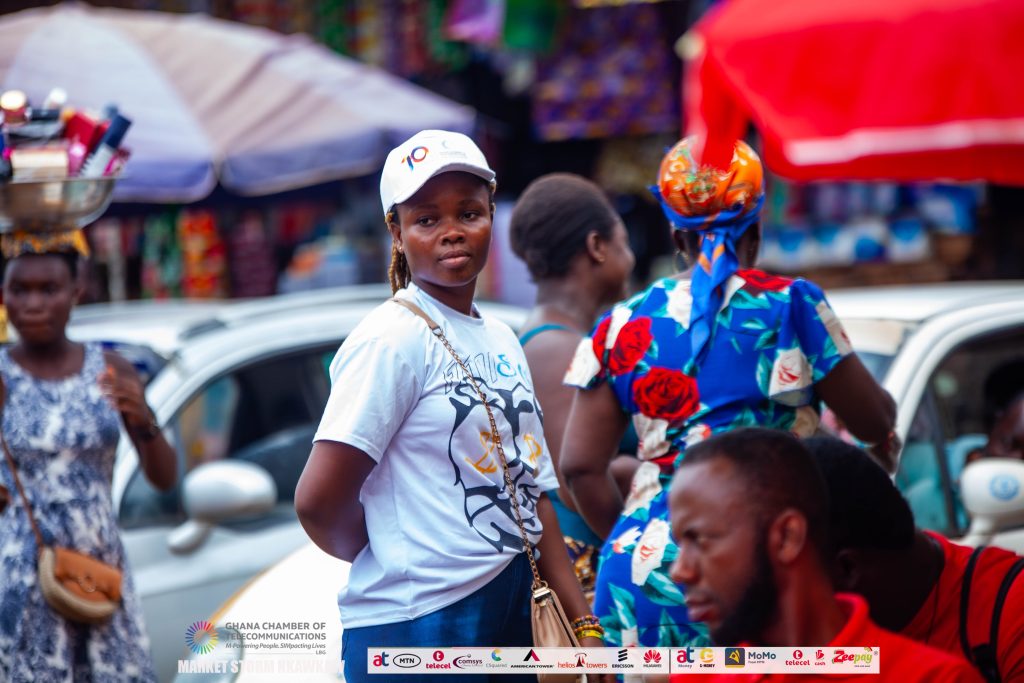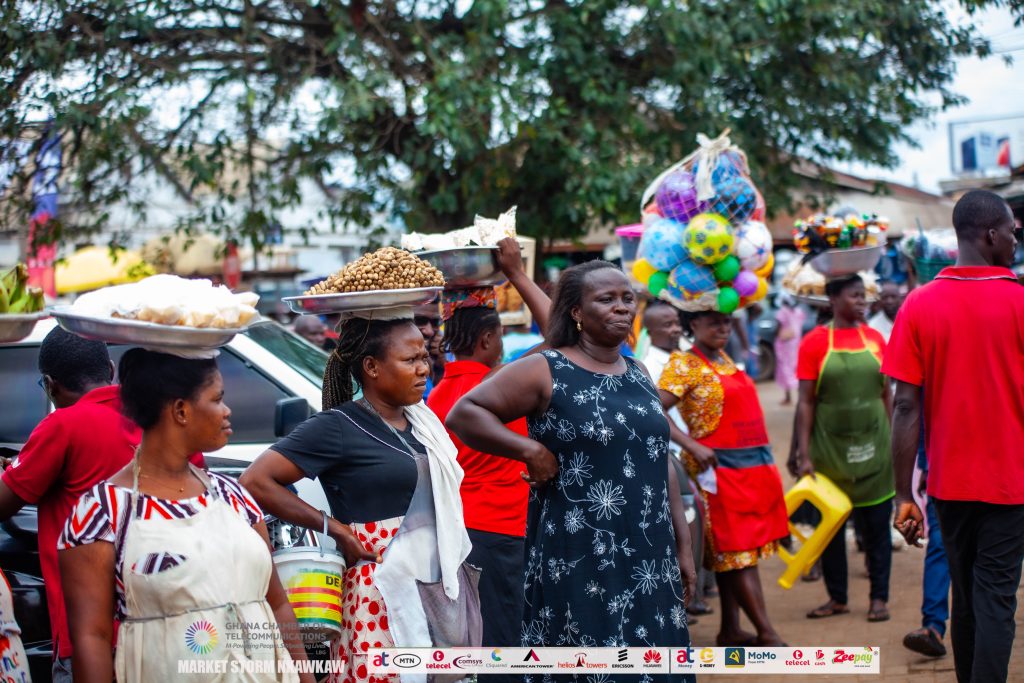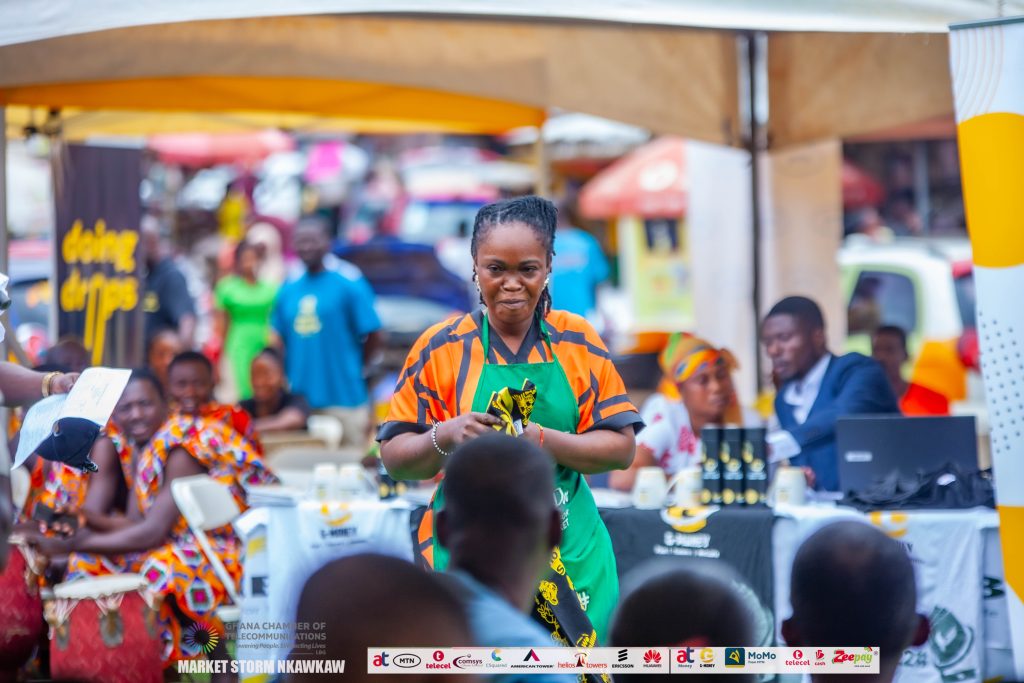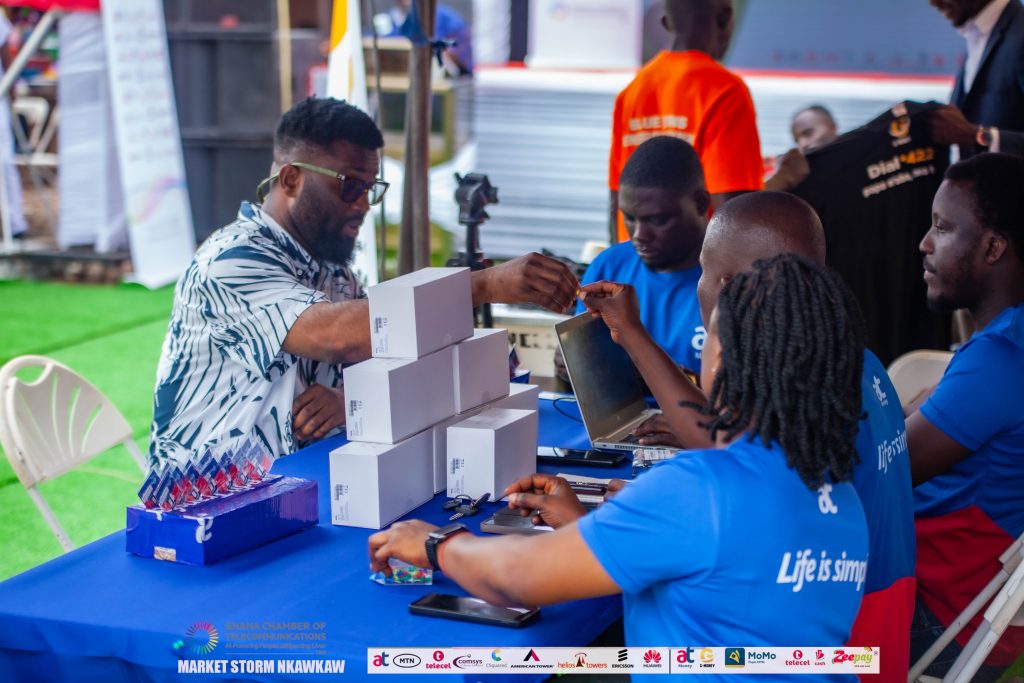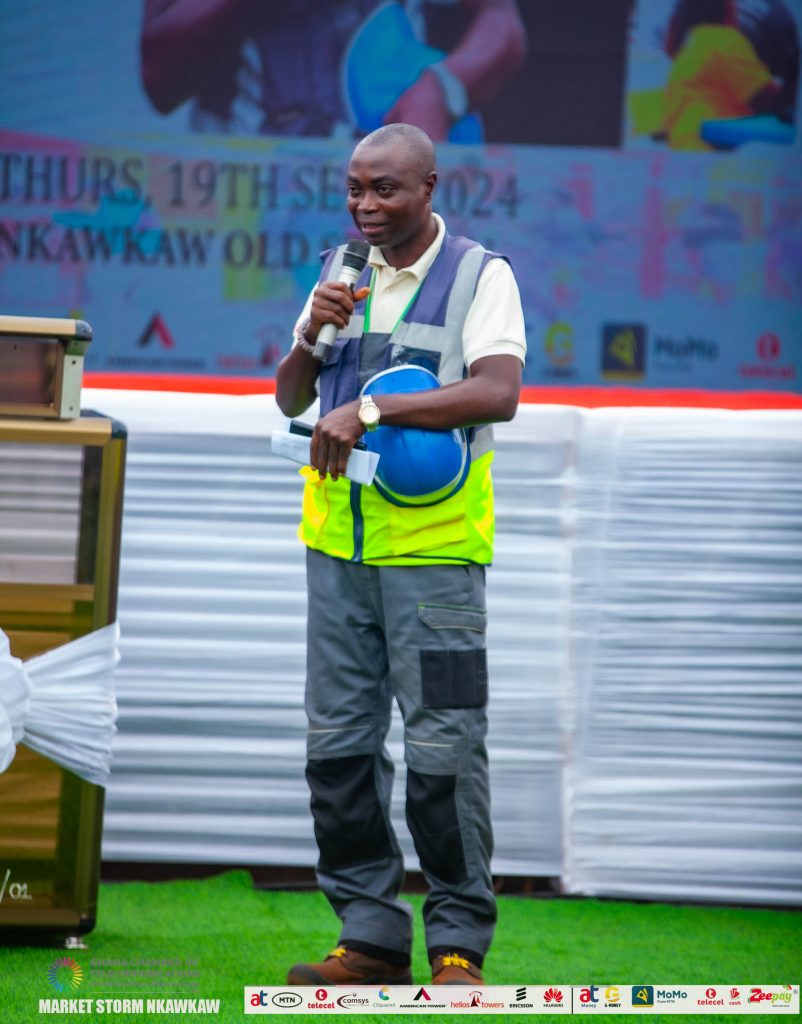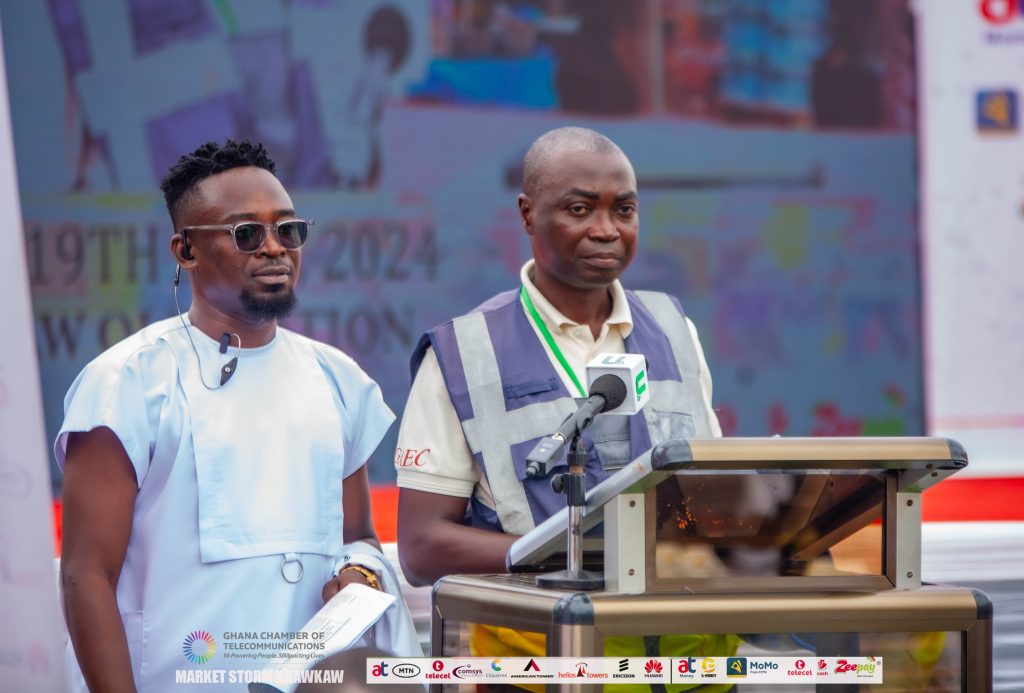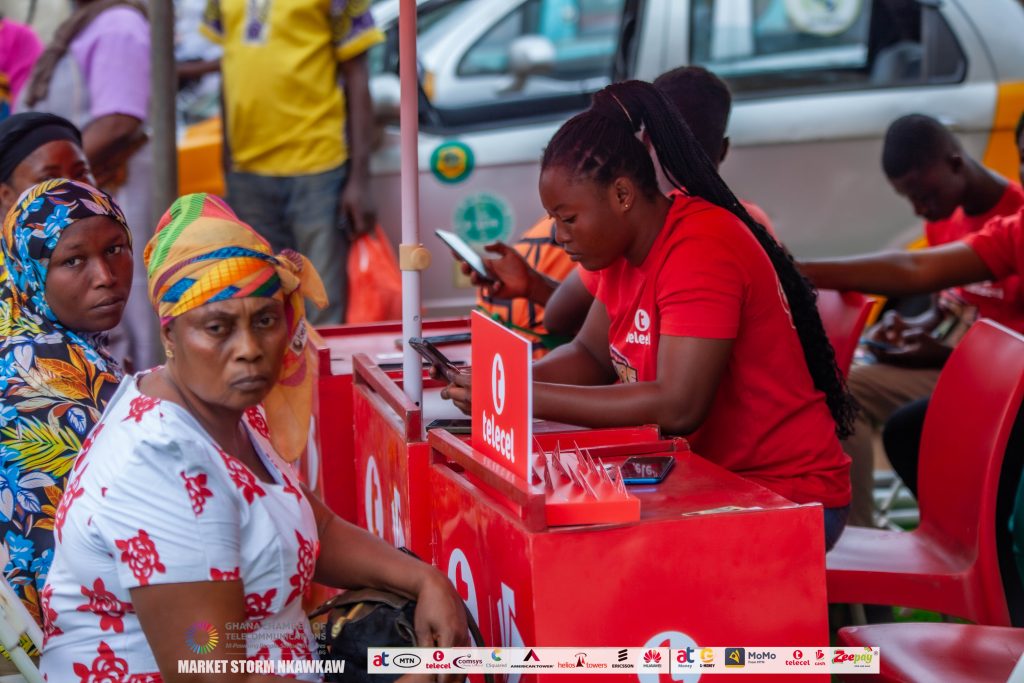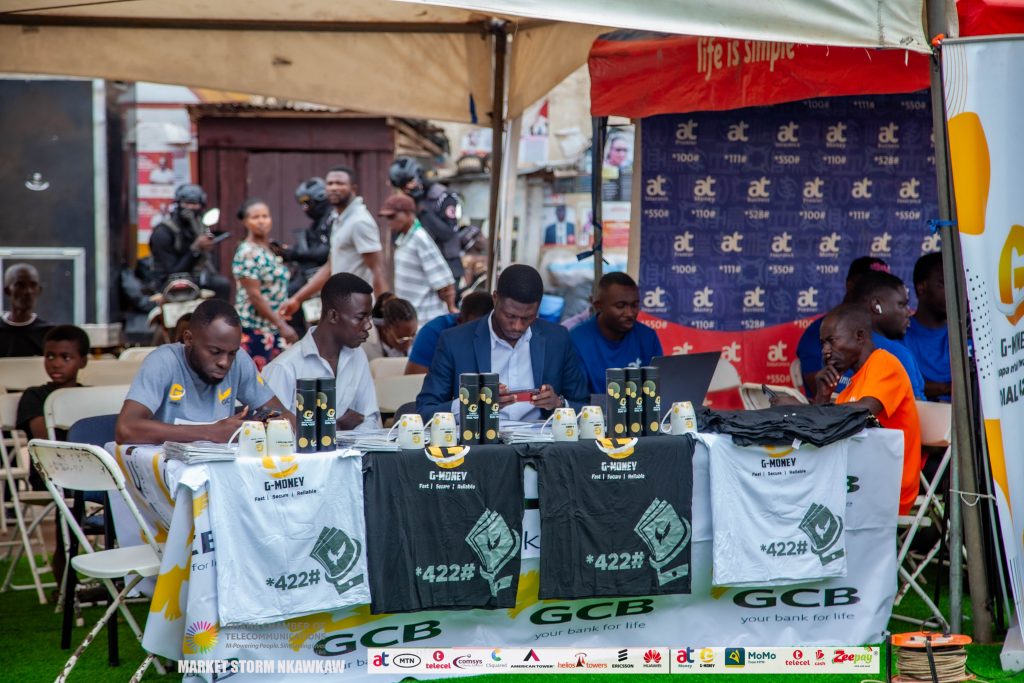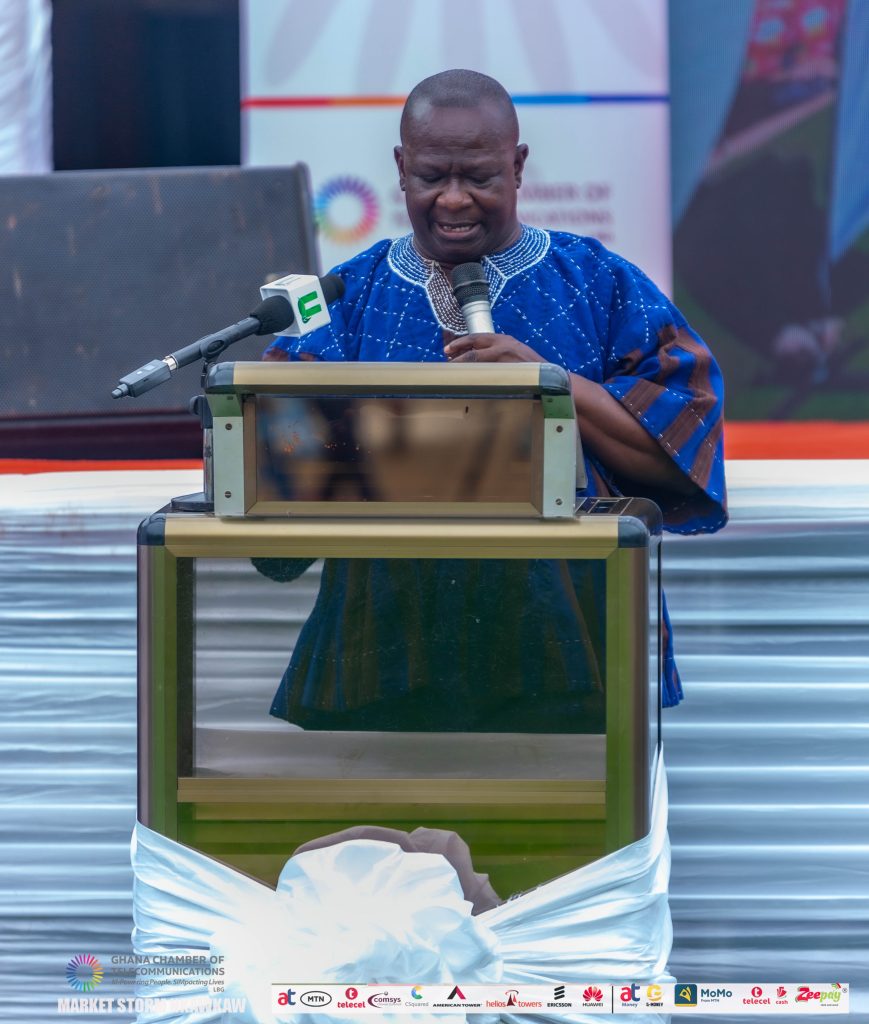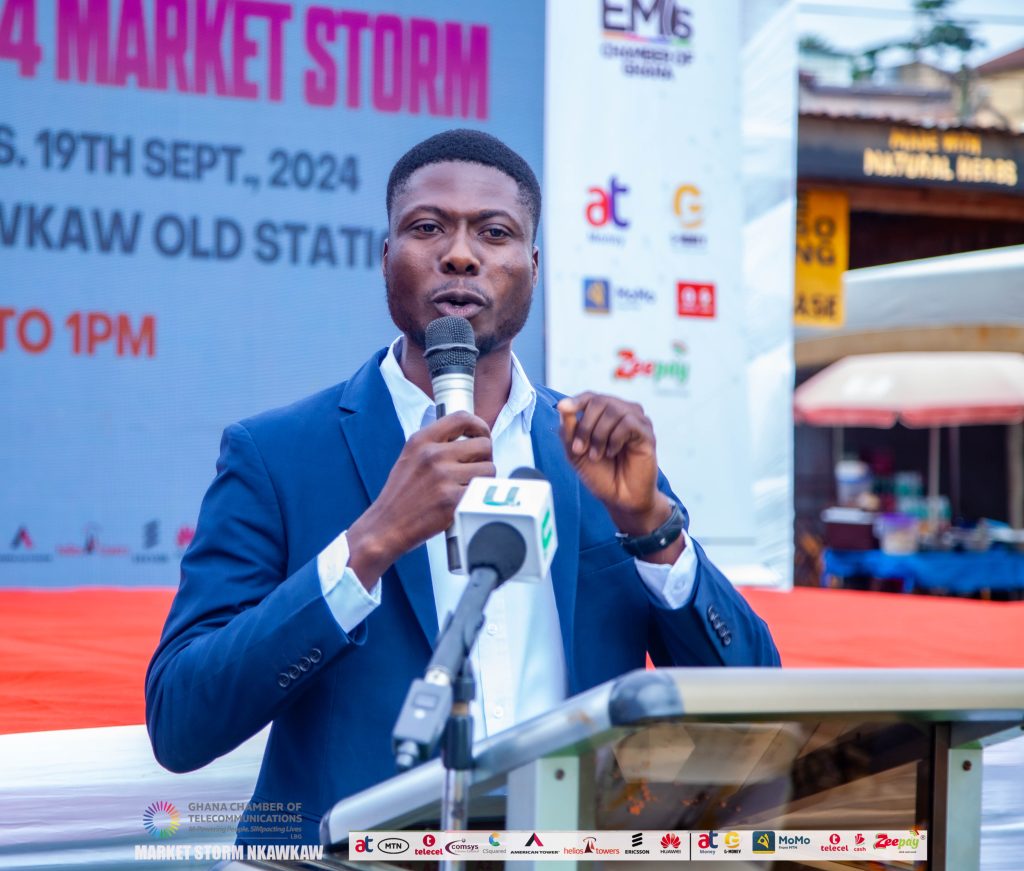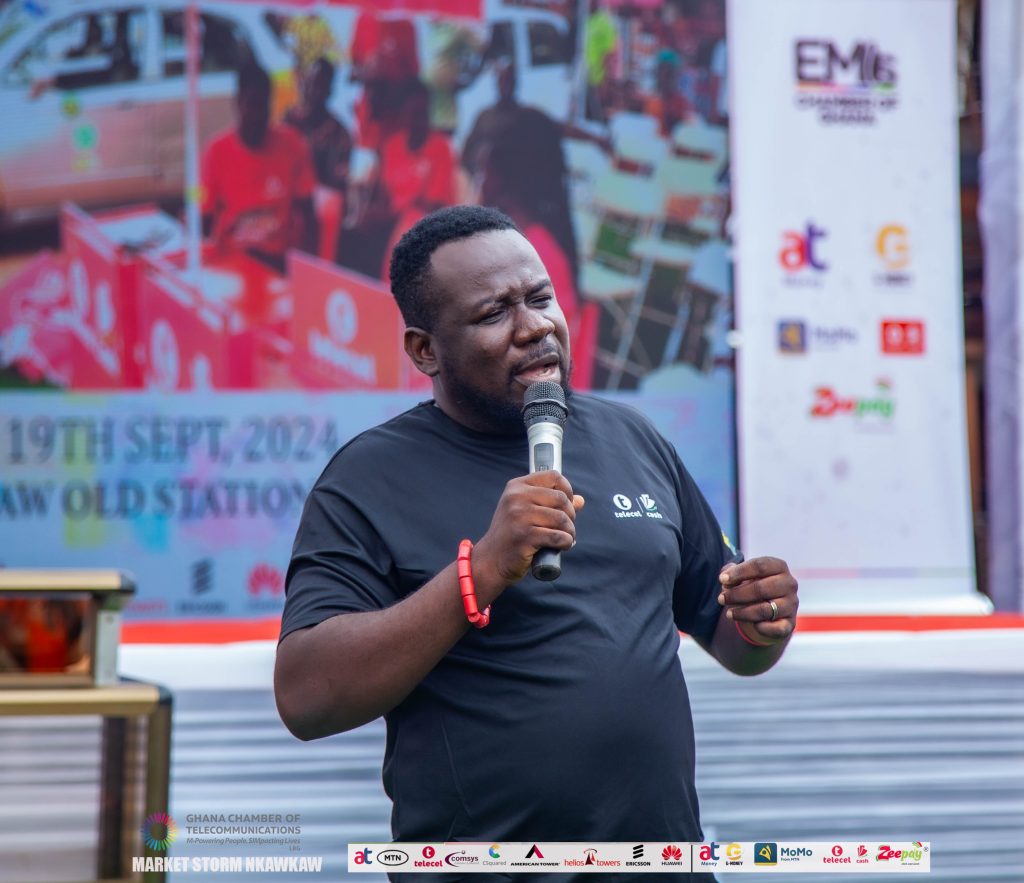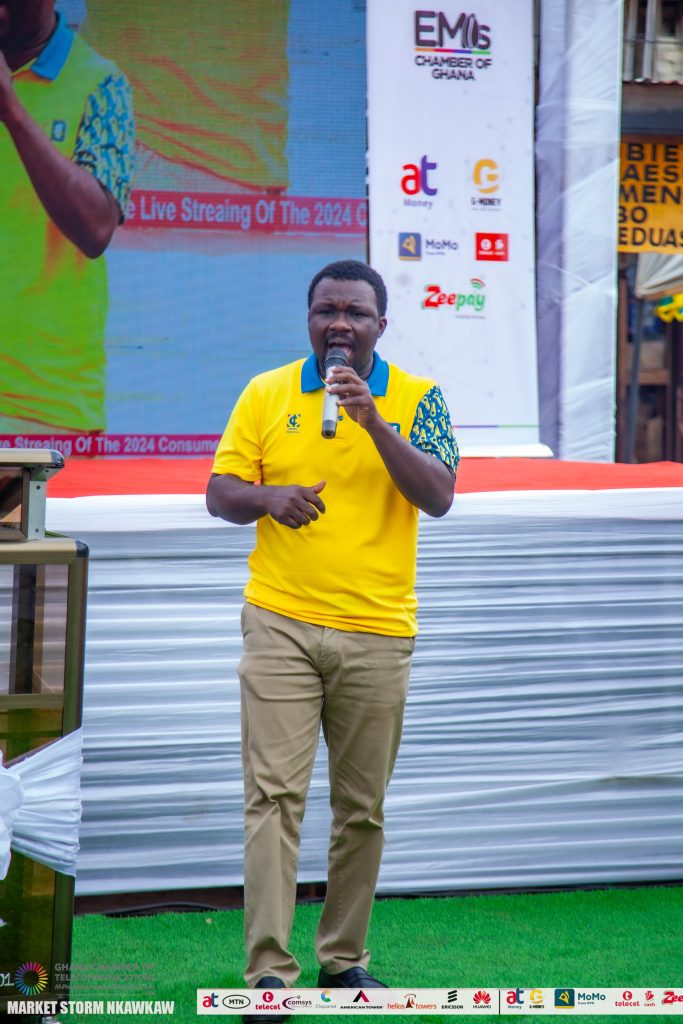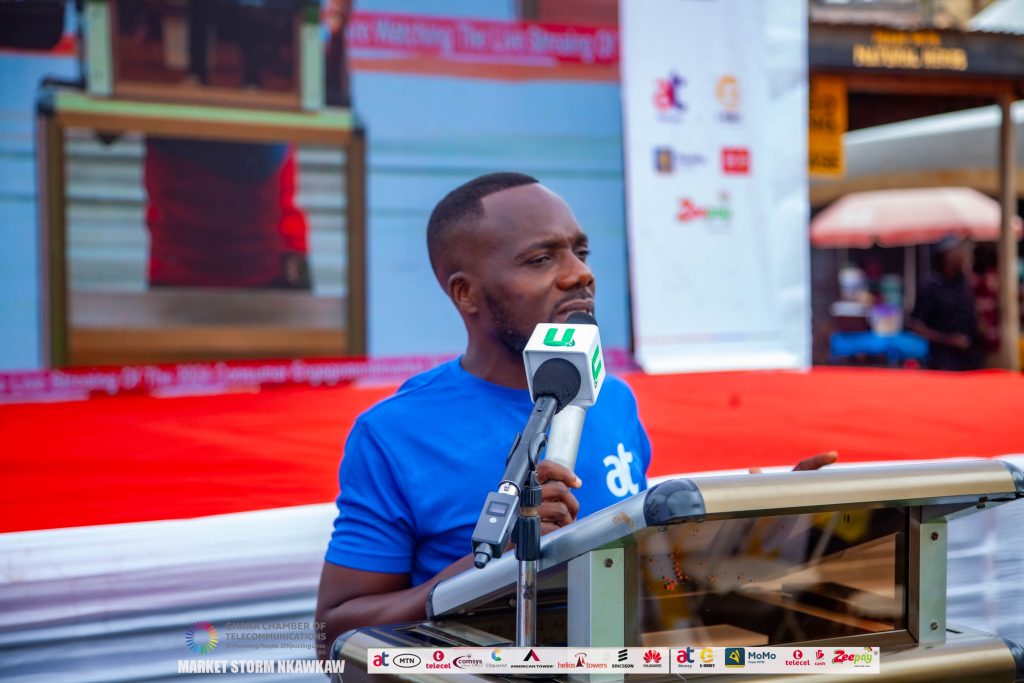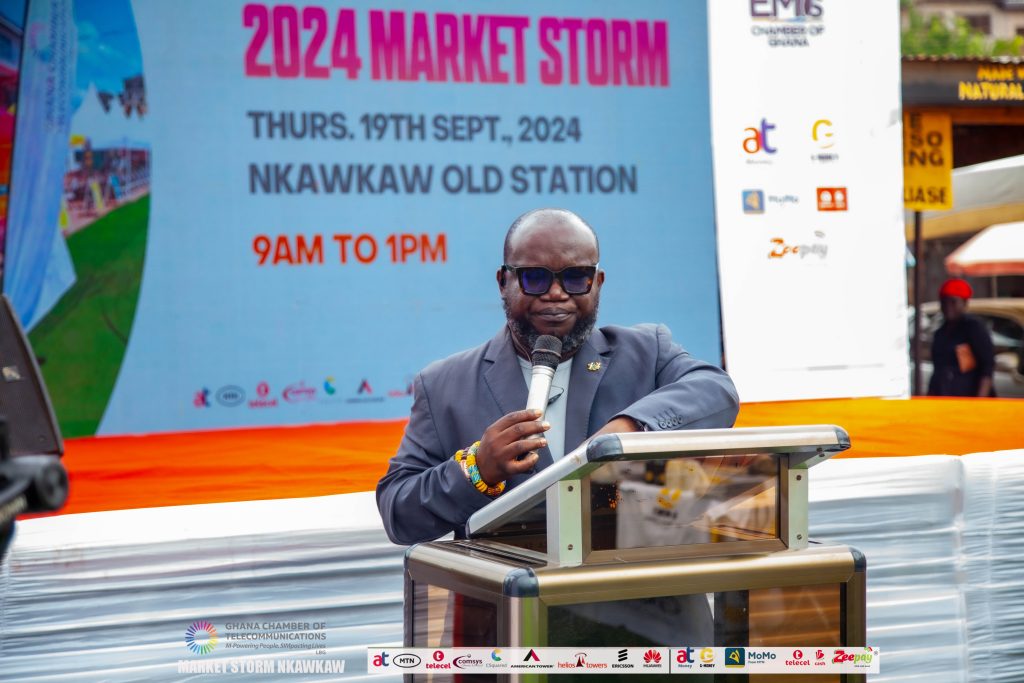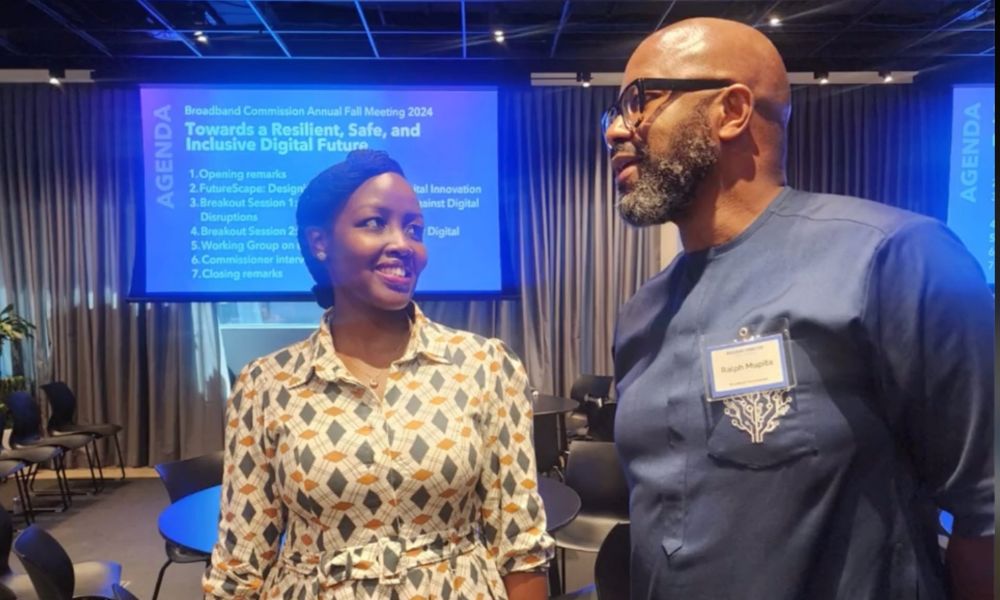Ladies and gentlemen, distinguished guests, and fellow industry leaders,
I am honored to be speaking today on “The Insurance Industry: Harnessing Technology for Growth.” As the CEO of the EMI Chamber of Ghana, I firmly believe that technology holds the key to unlocking the immense potential of the insurance sector in our country.
Let me add my voice to the commendation of the Regulator for driving innovation & future proofing the Industry. Industry needs to reciprocate this by developing solutions to deal with our unique challenges that are great opportunities.
Mobile money and mobile networks have revolutionized financial inclusion in Ghana. With over 14 million mobile money subscribers and 40 million mobile connections, we have a unique opportunity to leverage these platforms to drive insurance penetration.
Imagine being able to purchase micro-insurance policies, file claims, and receive payouts seamlessly through mobile devices. This is the future we must create.
To achieve this, collaboration between Electronic Money Issuers (EMIs) and the insurance industry is crucial. By working together, we can:
- Develop tailored insurance products for the underserved.
- Utilize mobile channels for efficient premium payments and collections.
- Enhance customer engagement through digital platforms.
- Leverage data analytics for risk assessment and policy pricing.
Regulatory collaboration is also vital. We must work closely with the National Insurance Commission, Bank of Ghana, and other stakeholders to create an enabling environment for innovation.
Key areas for regulatory focus:
- Clear guidelines on mobile insurance distribution.
- Simplified KYC processes for digital onboarding.
- Harmonized data protection standards.
The EMIs Chamber of Ghana commits to:
- Facilitating partnerships between EMIs and insurers.
- Advocating for supportive policies and regulations.
- Promoting digital literacy and financial inclusion.
- Work with the Mobile Money Agents in collaboration with the Insurance Industry to drive the last mile distribution
Let us harness the power of technology to make insurance more accessible, affordable, and convenient for all Ghanaians.
Thank you.



